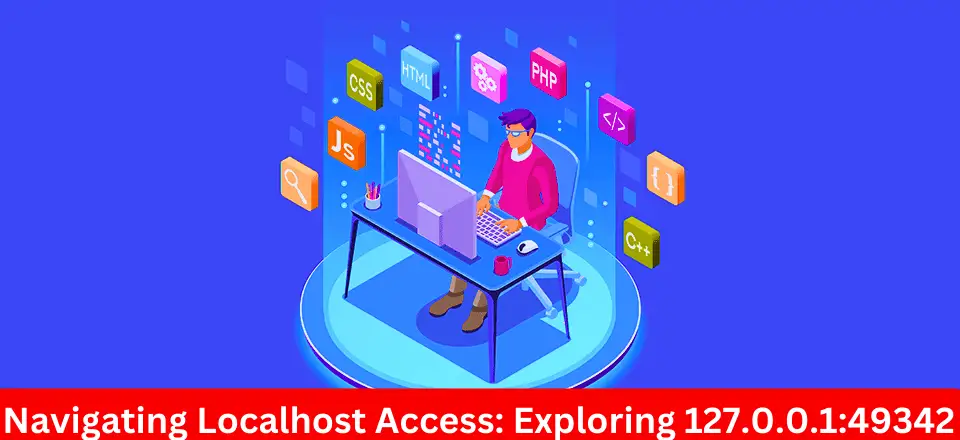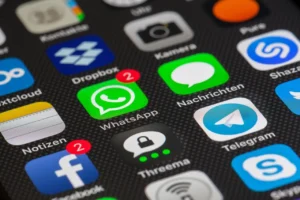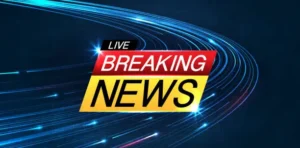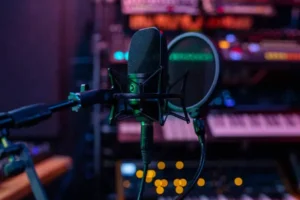Have you ever encountered the cryptic error message “127.0.0.1:49342”? If you’re a computer user in the UK, you’re not alone. This error can be frustrating, especially since it doesn’t exactly scream “easy fix.” But fear not, fellow tech adventurer! This comprehensive guide will break down the meaning of this error, explain why it occurs, and most importantly, equip you with the knowledge to tackle it like a pro.
What is 127.0.0.1:49342?

Let’s break down this seemingly complex code into simpler terms.
- 127.0.0.1: This is a special IP address called “localhost”. It simply refers to your computer, not an external website. Think of it as a loopback address – a message trying to reach itself within your system.
- :49342: This is the port number, which acts like a specific doorway for different programs to communicate. 49342 might be used by various applications, making it difficult to pinpoint the exact culprit.
Why Does This Error Happen?
There are several reasons why you might encounter the “127.0.0.1:49342” error. Here are the most common culprits:
- Conflicting Software: Sometimes, two programs might try to use the same port number (49342 in this case), causing a conflict. Imagine two people trying to enter the same doorway at the same time – chaos!
- Firewall Issues: Your firewall, a security guard for your computer, might be blocking the connection on port 49342, even if it’s a legitimate program trying to access it.
- Corrupted Application Files: Damaged files associated with the program using port 49342 can lead to connection issues.
Troubleshooting Steps (Read Carefully and Try Them One by One):

Now that you understand the error better, let’s dive into fixing it! Here are some steps you can try, one at a time, to resolve the “127.0.0.1:49342” error:
Identify the Program:
The first step is to figure out which program is causing the conflict. This can be a bit tricky, but here are some pointers:
- Look for Error Messages: Sometimes, the error message itself might mention the program name.
- Consider Recent Activity: Did you recently install a new program or update an existing one just before encountering the error? This might be the culprit.
- Search Online: If you’re unsure, try searching online using the specific error code and your operating system (e.g., “127.0.0.1:49342 Windows 11”). You might find forum discussions or articles mentioning the associated program.
Close Conflicting Programs:
Once you have a suspect program, try closing it completely. Here’s how to do it on different operating systems:
- Windows: Right-click on the program icon in the taskbar and select “Close window” or “Exit.” Alternatively, press
Ctrl + Alt + Delete, open Task Manager, find the program, and click “End task.” - Mac: Right-click on the program icon in the Dock and select “Quit.” You can also use
Command + Option + Escto open Force Quit Applications and close the program.
Check Firewall Settings:
If closing programs doesn’t help, it’s time to check your firewall settings. Here’s a general guide, but remember the specific steps might vary depending on your firewall software:
Windows: Go to “Windows Security” or “Firewall & network protection” (depending on your Windows version). Look for “Allowed apps” or “Inbound rules” and see if the identified program is blocked. If so, allow it through the firewall.
Mac: Open “System Preferences” and go to “Security & Privacy.” Click on the “Firewall” tab and see if the program is blocked. If necessary, click the “+” symbol and add the program to the allowed list.
Temporarily Disable Firewall (Do this only if necessary):
Important Note: This is a temporary troubleshooting step. Disabling your firewall can make your computer more vulnerable to online threats. Only do this if all else fails, and re-enable your firewall as soon as you’ve resolved the issue.
Here’s how to temporarily disable your firewall (remember, specific steps might vary):
Windows: Go back to “Windows Security” or “Firewall & network protection.” Find the option to temporarily disable the firewall (usually a toggle switch). Remember to re-enable it after troubleshooting!
Mac: In the “Security & Privacy” settings under the “Firewall” tab, you might find a “Turn off Firewall” option. Use this with caution and re-enable it afterward!

Reinstall the Program:
If the issue persists, try reinstalling the program that might be causing the conflict. This can overwrite any corrupted files that might be causing the problem. Here’s a general guide, but consult your software’s specific instructions for a smoother process:
Windows: Open “Settings” or “Control Panel” and find “Apps & features” or “Programs and Features.” Locate the program, click “Uninstall,” and follow the on-screen prompts. Then, download and reinstall the program from a trusted source.
Mac: Drag the program icon from Applications to the Trash. Then, empty the Trash and reinstall the program from its original download source or the official website.
Advanced Troubleshooting (For Tech-Savvy Users):
If the basic steps haven’t solved the issue, and you’re comfortable with some technical tinkering, here are some advanced troubleshooting options:
Check Port Usage: Use a tool like “netstat” (Windows) or “lsof” (Mac) to see which programs are currently using port 49342. This can help identify the culprit more precisely.
Modify Application Settings: Some programs might have options within their settings to change the port they use. Consult the program’s documentation to see if this is possible.
Review System Logs: System logs might contain additional details about the error. While these can be technical, searching for keywords related to the error code and port number might offer clues.
Additional Tips:
Restart Your Computer: A simple restart can sometimes clear up temporary glitches that might be causing the connection issue.
Update Software: Ensure your operating system and any relevant software are up-to-date. Updates often include bug fixes that might resolve the issue.
Seek Online Help: If none of these steps work, don’t hesitate to search online forums or communities specific to your operating system or the program causing the error. You might find solutions from other users who have faced the same issue.
Remember: If you’re unsure about any step or feel uncomfortable modifying technical settings, it’s always best to consult a computer technician for assistance.
People also ask WHO CALLED YOU FROM 01217515743?
Final Words
By following these steps and tips, you should be well-equipped to tackle the “127.0.0.1:49342” connection error and get your programs communicating smoothly again. Remember, a systematic approach, patience, and a little online research can go a long way in resolving these technical hiccups.






